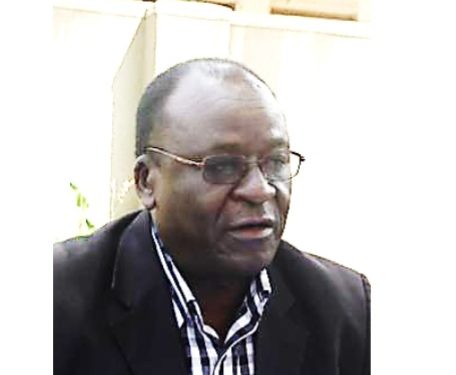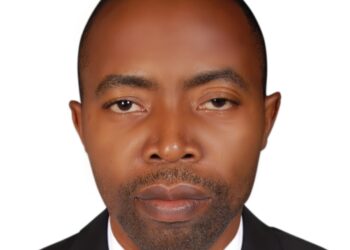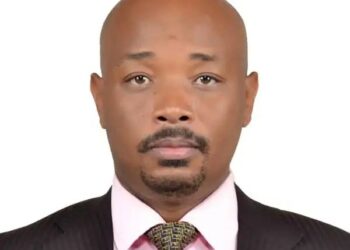Dr. Sam Mayanja, State Minister for lands in his recent article “Historical Reality contradicts Mutebi’s Masaka talk” narrates how Buganda demanded for independence before participating in the LEGICO elections of 1961, how in 1966 Buganda gave an ultimatum to Uganda government to leave Buganda soils and how in 2020 the Katikiro gave a warning to throw Uganda government out of its establishments. These are interesting recollections by the minister. But what is the foundation for these reactions and what message / lessons do we pick from this?
I must say that Bugandas reactions did not come out of the blue. Certainly there were several considerations and analyses of the then situation that were carried out that led them to put forward those demands. What was Buganda like before the colonialists came in and what was it to be like in the new political order? This, I assume could have been one of the questions Buganda reflected on. What is clear and what we all ought to know is that Buganda knows what it wants and what it deserves and should not be blamed for demanding for it. The new political order, moreover with coalitions that Buganda never asked for, was perhaps casting a lot doubt on the future governance status of Buganda, rightly so by the way.
Conscious and focused as they are, Buganda leaders put forward demands that were deemed good for Buganda. I find nothing wrong with that. It appears, there was no adequate consultation on whether Buganda needed or was ready to unite with other regions to make Uganda. If they were consulted, it appears there was no consensus. If I may ask, what binds the union of the different communities in Uganda? Is there any agreement? If there is one, what are terms and who knows them and who should know them? Because of the absence or inadequate awareness about them, uncouth people like Ofwono Opondo have the audacity to make such utterances against the Buganda establishment.
With or without a binding document or a guide on how the different parts and communities of Uganda were to relate to each other does not stop Buganda from expressing and demanding for her desires. Buganda has demanded for a federal system of governance but all governments have deliberately kept a blind eye and a blank mind on the matter. By the way, if what I read is right, Uganda was a federal state under the British colonial government and before the establishment of the British protectorate, Uganda was divided among several rival rulers and tribes like Buganda, Bunyoro, Acholi, Ankole etc and because of the differences in language, race, tribe it was not easy to create a harmonious relationship among them hence the reason for the British government entering into agreements with the different tribes differently. The British-Buganda agreement was made in 1900 and that with Tooro too. British – Ankole agreement in 1901 while that of Bunyoro in 1933 etc. This is a clear sign that Uganda was destined to be a federal country and I believe if this were granted, perhaps we would be experiencing a different governance atmosphere.
It is important to note however that despite Bugandas wish to be a federal state, it does not shun being part of Uganda. Recently the Kabaka categorically stated it that Buganda is not advocating for a secession but demanding to be recognized, respected and given space and authority to observe its cultural settings and be what they are. A strong Buganda and strong other Kingdoms or chiefdoms means a strong Uganda like Mzee Kabulasoke said in one of the social media postings that I came across recently, “Civilized people do not destroy what is good; they build on that as a foundation for something greater and better. A modern, greater and better Uganda without a proud, prosperous and strong Buganda, Acholi, Lango, Ankole, Bukedi, Teso, West Nile is hard to understand”.
It seems some Ugandan leaders are allergic to good things. What is happening in this country today is just this and no wonder, we are among the poorest countries on the globe despite the endowments we have. Some past leaders were and some present ones too, are preoccupied with how to weaken Buganda for personal gains instead of working to create a strong and united country. Weakening the catholic church and other religious institutions has also been high on their agenda and they have often put their energies on crafting ways of how to weaken institutions like the parliament, ministries and departments and also how to weaken the civil society / the population in general. The art of creating internal sabotage and implosion in the cultural and other institutions has been perfected leading to the Uganda we see today and not the Uganda we want and desire.
Ugandans desire and deserve a better Uganda and if a federated Uganda on true principles of federalism is the answer and it can address the internal squabbles, then let it be. If it is successfully working in other parts of the world, why not here? Good governance is pro-life, bad governance kills and destroys.
The state minister of lands should be working towards helping his cabinet colleagues to think and act positively and not bias them with information that may lead to resolutions that will light a fire in this country that will only die out with a multitude of people dead.
John Mary Odoy
Senior Citizen and an advocate for good governance
Tel. 0782457990; Email. johnmary.ceon@gmail.com
Do you have a story in your community or an opinion to share with us: Email us at editorial@watchdoguganda.com













